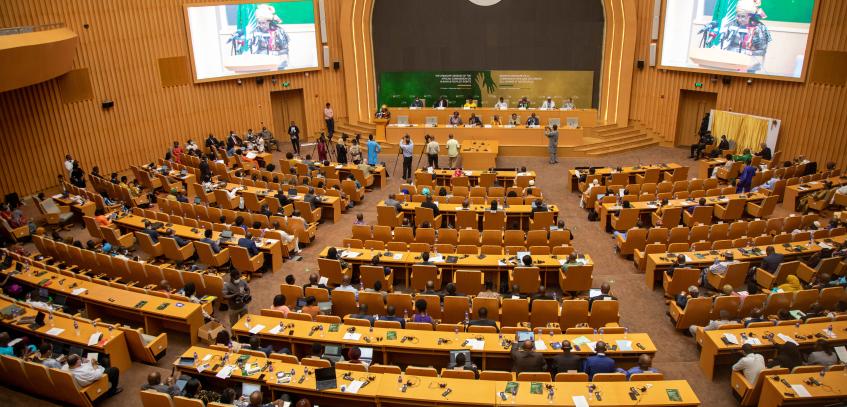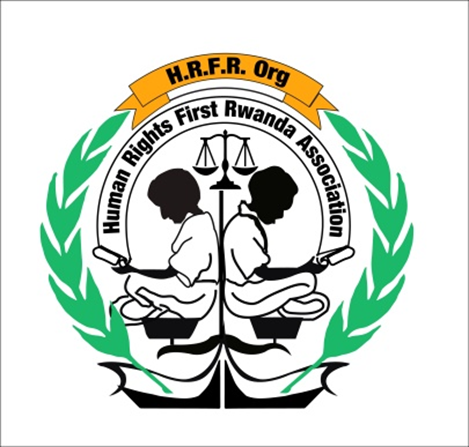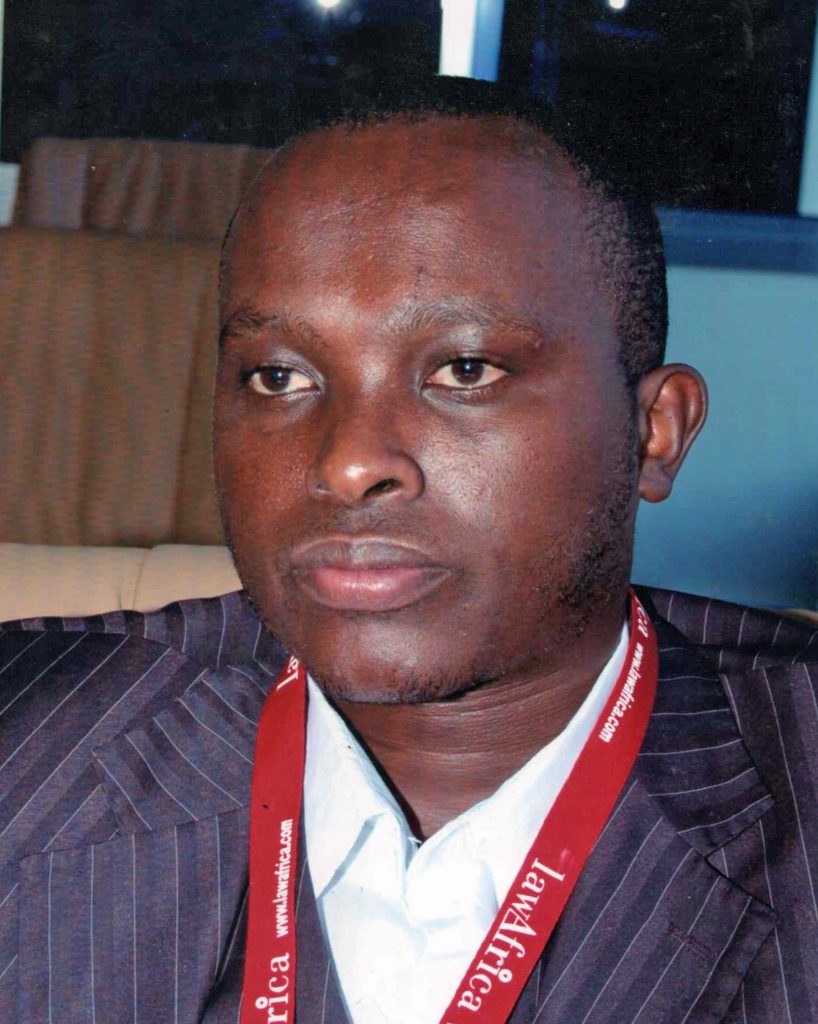A decade of failure at the African Commission on Human and People’s Rights
Colin Stewart is a 45-year journalism veteran living in Southern…
African human rights commission says it opposes anti-LGBT bias but keeps discriminating

Back in 2014, it sounded so good: The African Commission on Human and Peoples’ Rights (ACHPR) passed a resolution opposing human rights violations and violence against sexual minorities.
But that promise quickly faded.
In 2018, the African Union, representing the continent’s governing regimes, pressured the ACHPR to exclude the Coalition of African Lesbians (CAL). The ACHPR complied, revoking CAL’s official observer status under the pretext that it violated African cultural values.
Since then, the human rights of LGBTQ Africans have been under attack. Last year, Uganda adopted an Anti-Homosexuality Act that calls for the execution of people who persist in same-sex love. Ghana has passed, but not yet enacted, a similarly repressive anti-LGBTQ bill.
Last year, the ACHPR refused observer status for three human rights organizations from Côte d’Ivoire, Rwanda and the United States.
In the following essay, Rwandan human rights attorney Nzovu Job Ruzage looks back at the disappointments of the past 10 years. He is the executive director of the Human Rights First Rwanda Association and chair of the Rwandan Legal Aid Forum.

A Setback on Resolution 275 of the African Commission on Human and Peoples’ Rights (ACHPR)
It has been 10 years since the adoption of Resolution 275 of the African charter, which condemned acts of violence that are perpetrated to sexual minorities in the Continent. The Resolution recalled the notion of equality and non-discrimination as well as raised concerns on the state and acts of violence and discrimination against LGB/TIGNC [lesbian, gay, bisexual, transgender, intersex and/or gender non-conforming] persons in Africa.
The Resolution also called for action by the state on carrying their due diligence in investigating human rights violations from the group.

While the resolution was a very important step to protect and defend the LGBTQI+ community from acts of violence and discrimination, the same African Commission of Human and Peoples’ Rights, an independent expert body within the African Union (AU) framework that adopted the Resolution in 2014, denied observer status to three human Rights organizations in its 73rd sitting and used sexual or gender identity as the reason it rejected applications for observer status from three non-governmental organizations (NGOs) namely – Alternative Côte d’Ivoire and Human Rights First Rwanda Association, which operate legally in countries that do not criminalize same-sex consensual conduct, and Synergía – Initiatives for Human Rights, which operates from the United States.
The denial of observer status to the three human rights organizations by the African Commission on Human and Peoples’ Rights (ACHPR) is indeed disheartening and contradictory to the principles outlined in Resolution 275. It reflects a significant setback in the protection and promotion of the rights of LGBTQ+ individuals in Africa.
The commission’s argument that “sexual orientation” is not an expressly recognized right in the African Charter on Human and Peoples’ Rights is flawed and overlooks the broader principles of equality and non-discrimination enshrined in the charter. Moreover, the assertion that protecting and promoting sexual and gender minority rights is contrary to African values is a baseless assertion that only serves to perpetuate stigma and discrimination against LGBTQ+ individuals.
It is imperative for advocates of human rights in Africa to continue supporting the commission in upholding its obligations under the African Charter. This includes holding the commission accountable for its commitments, such as the adoption of Resolution 275, and urging it to reconsider its decision regarding observer status for LGBTQ+ rights organizations.
Furthermore, efforts must be made to challenge and change the narrative surrounding LGBTQ+ rights in Africa. By promoting understanding, tolerance, and acceptance of diversity, we can work towards creating a more inclusive and equitable society for all individuals, regardless of sexual orientation or gender identity.
See also:
African Commission’s rejection of observer status applications by three human rights organizations threatens its ability to discharge its mandate to promote and protect human rights for all (Amnesty International, February 2023)
African commission tries to shun talk of LGBTI rights, but doesn’t succeed (Erasing 76 Crimes, November 2022)
African Union seeks to shackle human rights watchdog (Erasing 76 Crimes, October 2018)
African Commission backs LGBT rights (Erasing 76 Crimes, May 2014)
Correction: A photo inccorectly identified as Nzovu Job Ruzage was removed from this article on April 28 and replaced with a new photo of him.




